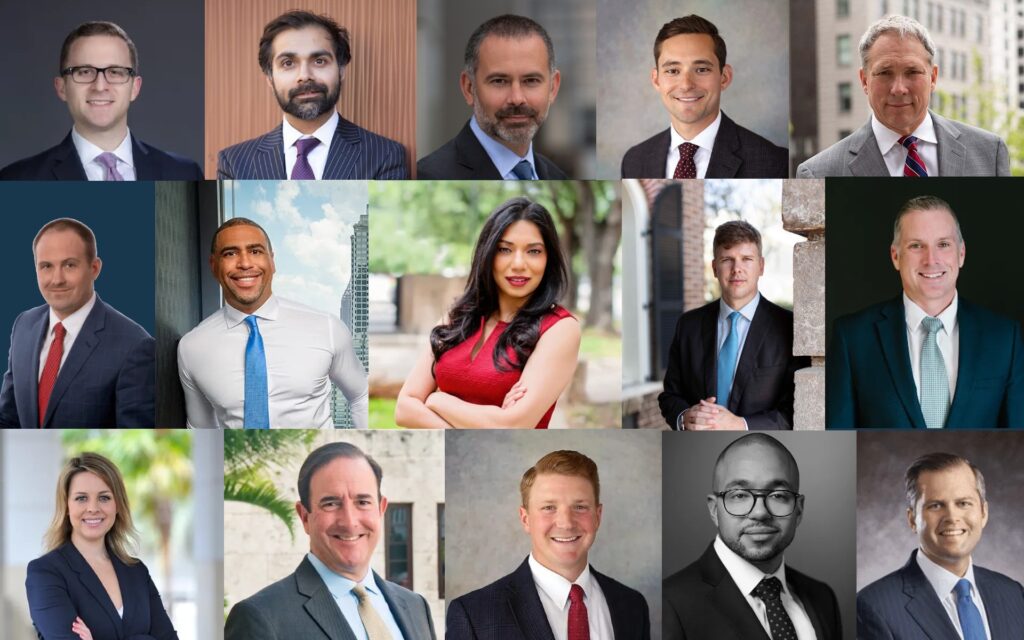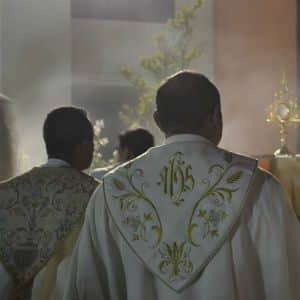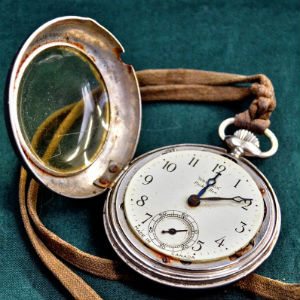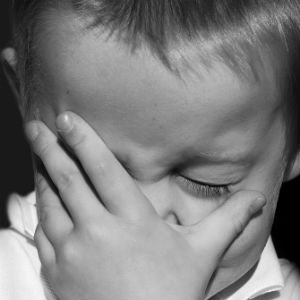
House Bill 1947 aims to make it easier for victims of abuse to file suit against their abusers retroactively. The unfortunate reality is that the church’s problem with sexual abuse is not novel. In fact, it has a long and disturbing history.
Victims of sexual abuse are often targeted by people in positions of power. They are made to feel that they have no say in the matter and that they should defer to the judgment of the person in power. Often those who are victims of sexual assault are children who have been targeted by adults. In the case of the church, those adults are priests.
What Is The Statute Of Limitations of sexual abuse In My State? Find out here.
The very people who should be spiritually guiding and uplifting youths, at least in these cases, were destroying their innocence and robbing them of their childhood. A recent piece of legislation called HB 1947 has been making headlines regarding the epidemic of child sexual abuse. Below you will find the “what”, “who”, “why” and “how” of House Bill 1947.
House Bill 1947, or HB 1947, proposes that the statute of limitations for child abuse criminal cases be removed entirely. This means that any amount of time can pass after the alleged case of sexual assault and a plaintiff will not be prevented from bringing charges against the accused to seek judicial discipline.
Learn more about Rape Laws: Outdated Legislation Here And Abroad.
HB 1947 also proposes that the statute of limitations for child sexual abuse civil cases be altered from 30 years of age to 50 years of age for the complainant. This means that under HB 1947, a person could suffer sexual abuse at age 5 in 2016, and he or she could wait until 2066 when he or she is 50 years old to bring a civil claim against the church.
While the bill’s proposed changes to the statute of limitation are to be applied retroactively and proactively to cases implicating the church, these changes do not apply retroactively to public institutions, as they are protected under sovereign law.
The Pennsylvania House Of Representatives passed the bill with a vote of 180-15 on April 12th, 2016. Religious leaders and organizations like SafeChurch, parishioners, former victims, and members of the general public have voiced their approval of the bill’s provisions.
The Archdiocese of Philadelphia, The Pennsylvania Catholic Conference, and The Pennsylvania Insurance Federation.
It would stand to reason that those who are innocent would not oppose a bill that aims to cast blame on them. However, the church alleges that they oppose the bill because they feel they are being unfairly targeted and that public institutions like juvenile detention centers, public schools, and foster care systems will not be affected by this bill. The church cites the bill’s lack of legislation for retroactive cases in the public sector as one of the reasons the bill seems to unfairly target the church.
On June 4th and 5th of 2016, Archbishop Charles J. Chaput released and distributed a letter urging parishioners to contact the state legislator to persuade them to vote against the bill. The letter was distributed to over 219 parishes within the Archdiocese of Philadelphia.
Archbishop Chaput wrote, “The bill fails to support all survivors of abuse equally, and it’s a clear attack on the Church, her parishes, and her people.” The Archbishop’s argument is that civil claims against the church place a financial burden on the churches, taking funds away from schools and charity work.
Some are alleging that the way in which the Archbishop’s message was delivered in churches across the archdiocese was ominous. Some who support the bill report that their church told them not to attend church events to which they had been previously invited and others allege they had been told that there would be consequences for their support of the bill. There has been public disapproval of the church’s alleged intimidation tactics.
If you have been affected by sexual abuse, whether as a member of a church or not, you have every right to contact a lawyer who will listen to your story and make sure your path to recovery is as smooth as possible. Free confidential consultations can be made by calling 866-577-2786, 24/7.





